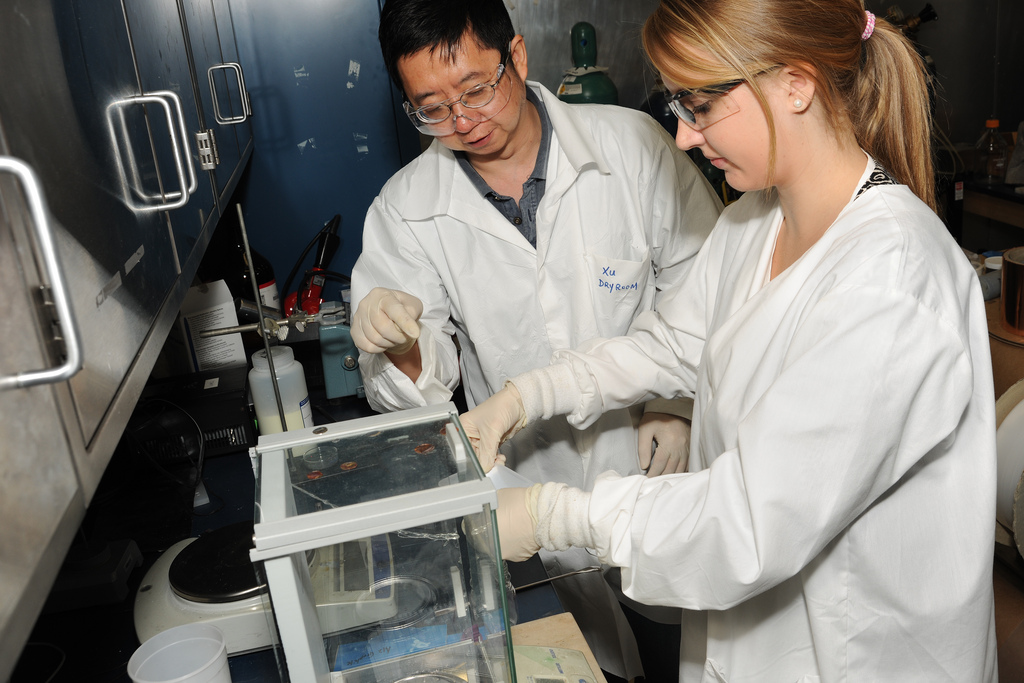Do gender patterns affect research?
The Universitat Oberta de Catalunya (UOC) is to lead a Europe-wide project analysing how gender patterns affect research groups. This study, to be led by the Gender and ICT research group at the UOC's Internet Interdisciplinary Institute (IN3), forms part of Horizon 2020, the European Union's research and innovation framework programme.
The project, titled Gender Diversity Impact, Improving Research and Innovation through Gender Diversity (Gedii), will be coordinated by the UOC and involve Germany's Furtwangen University and Verband der Elektrotechnik, the UK's Cranfield University and Sweden's Örebro University.
The three-year study will shed light on gender diversity in research teams and how this affects productivity, quality and capacity for innovation, among other aspects. The work is to focus on the areas of biomedical engineering and transport, as both are important fields in European research with a significant impact on society.
The project will also produce an index of gender diversity in research teams by country and sector. This is a tool that is not currently available. It will provide the basis for comparing scientific productivity of teams in terms of this diversity. "This index will provide a base so that other researchers can take the research further," explained Jörg Müller, the UOC researcher coordinating the project. The research will also allow, for the first time, for combination of a questionnaire on gender diversity in research teams with data on scientific output (patents, articles, etc.).
Another pioneering aspect of this research is the methodology used. Known as "Sociometric Badges", they are devices created by MIT that measure, both in conversations and interviews, the non-verbal language used (tone of voice, body motion, etc.). Over a number of weeks, several research groups will wear these devices that collect all sorts of information. Although they have been used before in research, this is the first time they will be used to study gender patterns in terms of the capacity to share information in research groups. The project's members will also carry out interviews and surveys in five countries.
Other studies have analysed gender in research, but, according to Müller, "they are usually limited to calculating the number of men and women. The results are not very conclusive because the questions tended to be fairly simple, when in reality there are many factors that affect this balance. [...] What we want to do is carry out more complex and detailed analysis that will let us find out about how information flows between team members or in terms of the gender patterns."
The UOC's Gender and ICT (GENTIC) research group works on analysing the role of gender in the information and communication society from an international perspective. Some of its lines of research include comparative analysis of gender equality policies in science and technology in Europe, the situation of women on university ICT courses, and gender and selection of ICTs in secondary school studies. This current project is the second European project coordinated by the group.
Press contact
-
Editorial department
